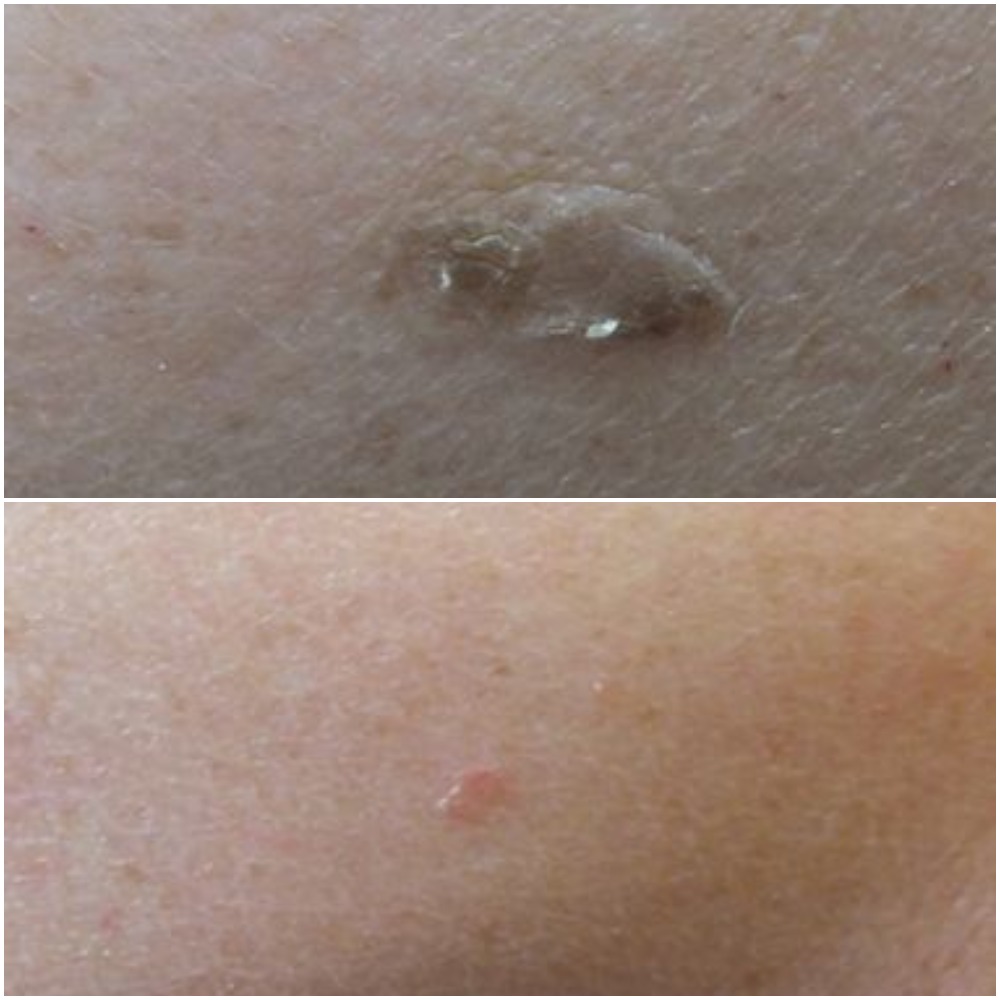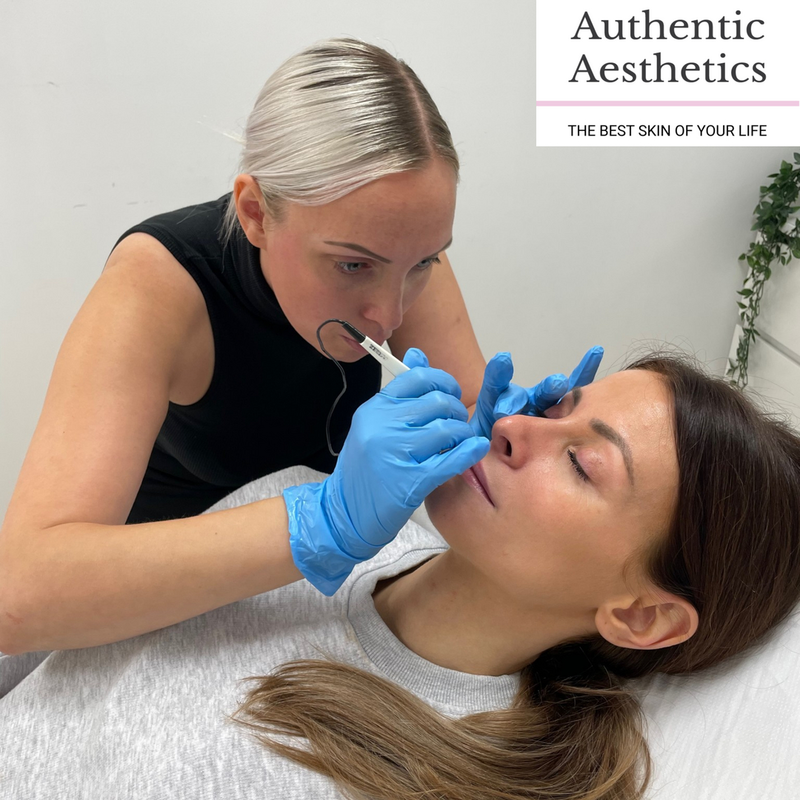Seborrheic Keratosis FAQs
Cauterisation is the safest and fastest way to remove them. We use ACP (an advanced form of electrolysis) that involves using a probe with a current emitted to the end of it, by tapping this against the seborrheic keratosis it’s cauterised, causing it to harden up and fall off in the following days.
Experts don’t completely understand what causes seborrheic keratosis. This type of skin growth can be genetic, so there is likely an inherited tendency. If you’ve had one seborrheic keratosis, you’re at risk of developing others. A seborrheic keratosis isn’t contagious or cancerous.
Yes, using cauterisation. We use ACP (an advanced form of electrolysis) that involves using a probe with a current emitted to the end of it, by tapping this against the seborrheic keratosis it’s cauterised, causing it to harden up and fall off in the following days.
ACP (an advanced form of electrolysis) involves using a probe with a current emitted to the end of it, by tapping this against the seborrheic keratosis it’s cauterised, causing it to harden up and fall off in the following days.
Experts don’t completely understand what causes seborrheic keratosis. This type of skin growth can be genetic, so there is likely an inherited tendency. If you’ve had one seborrheic keratosis, you’re at risk of developing others. A seborrheic keratosis isn’t contagious or cancerous.
Advanced electrolysis (ACP) involves using a probe with a current emitted to the end of it, by tapping this against the seborrheic keratosis it’s cauterised, causing it to harden up and fall off in the following days.
Skincare will not be able to remove seborrheic keratosis. It is, however good practice to use sun protection daily especially in extreme sunlight as they have been linked to sun exposure.
They appear as waxy light tan, brown or black growth with a rough texture, that look as if they were dripped onto the skin by a candle.
Experts don’t completely understand what causes seborrheic keratosis. This type of skin growth can be genetic, so there is likely an inherited tendency. If you’ve had one seborrheic keratosis, you’re at risk of developing others. They have also been linked to sun damage so sunbathers may be more at risk of them in later years.
No, there is no definitive research to suggest that seborrheic keratosis are caused by stress.
Do use an SPF daily on all body areas exposed to the sun
Do seek advice from your doctor to get the lesion diagnosed
Don’t pick seborrheic keratosis
Don’t try to remove them at home
A seborrheic keratosis isn’t contagious or cancerous, however if you have any new pigmented lesion forming you should get this checked by your GP.
No, there is no definitive research to suggest that seborrheic keratosis are caused by hormones.
Experts don’t completely understand what causes seborrheic keratosis. This type of skin growth can be genetic, so there is likely an inherited tendency. If you’ve had one seborrheic keratosis, you’re at risk of developing others. They have also been linked to sun damage so sunbathers may be more at risk of them in later years.
Use an SPF daily on all body areas that are exposed to the sun.
Prices will vary based upon your location, the quality of the machine being used and the experience of your practitioner. Head to our price list to see pricing of our ACP blemish removal treatment which is the most commonly recommended treatment for seborrhoeic keratosis.





